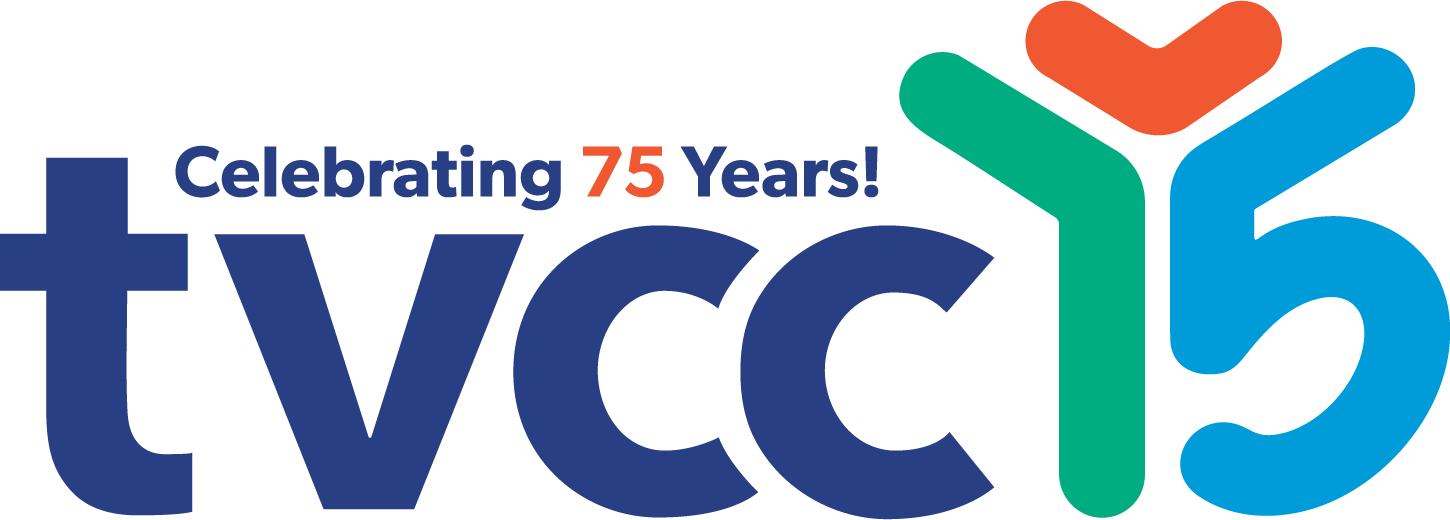Speech and Language Developmental Milestones at 30 months:

- Children use 450 different words.
- Children begin to use verbs with “ing” endings (eg. eating, drinking).
- Children start using words with two or more syllables (eg. banana, apple).
- Children say their first name, when asked.
- Children answer questions like “Where is teddy?” and “What is mommy doing?”
- Children use short sentences of 2 and 3 words, using nouns and action words (e.g. “I jumped.”, “The bird is flying.”).
- Children may not produce all sounds correctly, but they do put sounds at the start of most words.
- Children understand the concepts of “big” and “little”.
- Children begin to point to objects from a group by their function and parts (e.g. “Which one has wheels?” “Which one can we eat?”).
- Children begin to recognize familiar signs (e.g. McDonald’s Golden Arches, Stop Sign).
- Children take turns in play with other children, using both toys and words.
How to make daily routines into language learning opportunities
- Language learning happens all day long. If you talk to children while you are doing what you do every day, you are helping them learn new words.
- When going through your daily activities, try to find some time to pretend with children. You can play with socks, making them into puppets or snakes, while you are sorting the laundry. Pots can be interesting hats.
- When children say a short phrase or sentence, add one or two words to make the sentence longer. (e.g. Child says: “My car go fast.” you can say: “Your small car can go very fast.”).
- During meal time, dressing time and bath time, talk to children about things they show interest in. Give them the models of short sentences that they can use. You can plan what you have for dinner and encourage them to join in the planning. They can talk about the food they like and you can explain about categories of food (eg. “Apples are fruit.” “Corn is a vegetable.”).
- Give children choices throughout the day. This helps them to become more independent and gives them the opportunity to practice using their words and sentences (e.g. “Would you like to wear your jeans or your sweat pants?”).
- Provide children with different categories of words, like size (e.g. “I see a big ball.”) or location words (e.g. “The ball is on the table.”). When children have words that can be combined into sentences, it makes it easy for them to talk in sentences.
- Children at this age love to sing songs and participate in the song. Songs such as “Row, Row, Row Your Boat” and “The Eensy Weensy Spider” provide both fun and language learning opportunities. After you have sung the song or rhyme many times with children, wait for them to fill in the words at particular points during the song. You can learn new songs and rhymes by visiting your community Ontario Early Years Centre, where there are programs for babies, toddlers and preschoolers and workshops for parents, at no charge.
- Children at this age are becoming more interested in books and should be encouraged to talk about what they see on the page. Family photo albums are also favourites. Library story times provide wonderful opportunities for children to hear different stories and to understand that visits to the library can provide great adventures. For more information on public libraries in your area visit the London Public Library, Middlesex County Libraries, Elgin County Libraries and Oxford County Libraries.
- Children at this age like to read books to dolls and stuffed animals. Reading books with children every day will help their language develop.
What are the best ways to encourage speech and language at this stage?
- All children need to have a variety of experiences. When they go to the park, the library, or just play with a variety of toys, they have something to talk about.
- Children are starting to use longer sentences, so you can encourage this by adding new words, especially words that describe objects or experiences. (e.g.” That ball is round. It can roll on the ground.”, “I can throw the ball and you can catch it.”).
- Children need to hear different kinds of words such as action words, describing words and words for feelings. When children hear you use these words over and over, they start to use them. You will be amazed. Repetition can be magic.
- You want to use complete sentences that aren’t too long. Sentences that are too long are hard for children to repeat. Make sure to use correct grammar. Children usually want to copy what they hear parents say. If you use correct grammar, children learn to use it too.
- Children like to hear stories about their daily activities. Talk about what you have done together during the day, giving children the important words that help them talk about their experiences.
- If you have a camera, take pictures of the special things you do together, and talk about them. You can share new experiences and add new words that help children’s vocabulary grow. Remember to use lots of action words because these give children important words to form sentences. For more information on helping children develop language visit The Hanen Centre ©.





